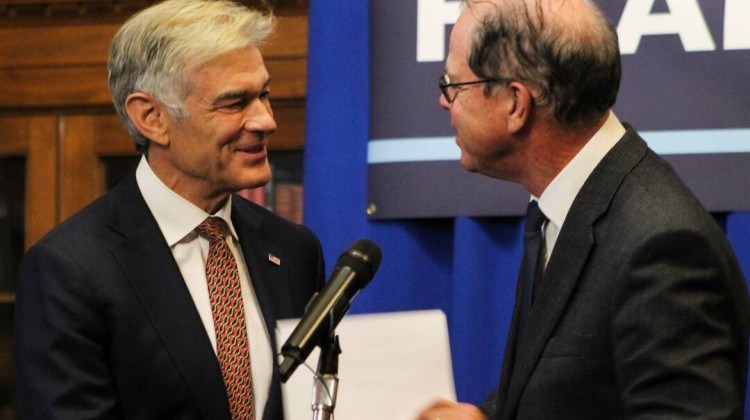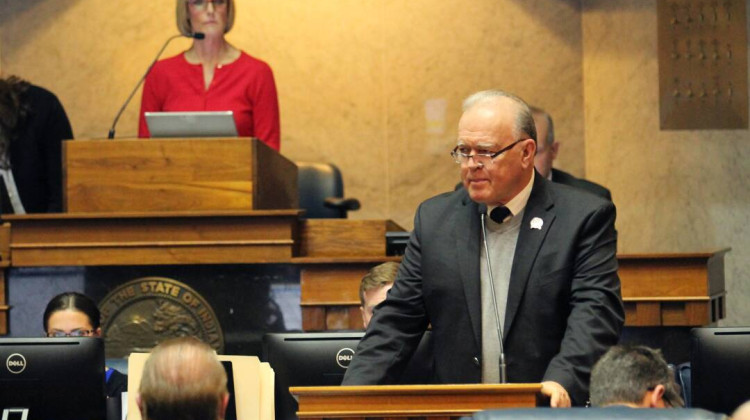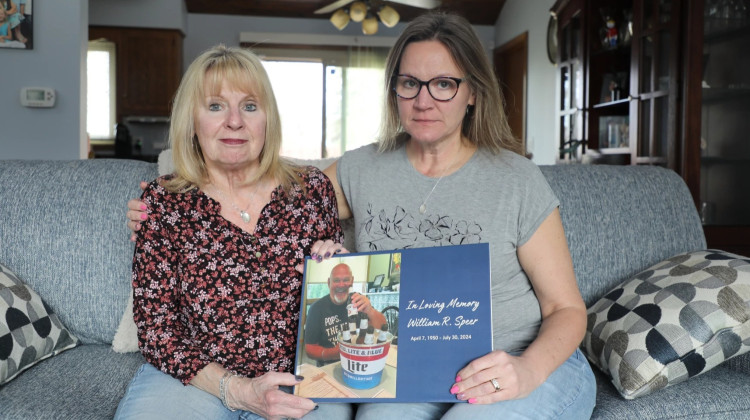
For many high-poverty rural and urban areas, health care resources are sparse.
Lauren Chapman/IPB NewsFor many high-poverty rural and urban areas, there are sparse health care resources. One listener in Columbus wondered why this problem was so prevalent.
Nir Menachemi is the executive associate dean at Indiana University’s Fairbanks School of Public Health at IUPUI. He said the problem leans heavily on lack of physician retention in these areas.
“They sort themselves into areas that have more resources,” he said. “And that creates sort of a lack of access for medical or dental services in lots of areas.”
Menachemi said many physicians tend to settle in areas with more amenities – such as places with more schools and shopping options.
He said there has historically been a lack of rational ways to draw physicians to these areas.
“The strategies that typically worked better is recruiting someone who grew up in a rural area to practice medicine in a rural area, because they're less likely to leave because they're used to the lifestyle, they love this sort of benefits that rural communities offer,” he said.
Join the conversation and sign up for the Indiana Two-Way. Text "Indiana" to 73224. Your comments and questions in response to our weekly text help us find the answers you need on statewide issues.
Beyond this, Menachemi said there are sometimes loan forgiveness programs that forgive a percentage of loans as long as a doctor agrees to stay and practice in certain regions that are in need.
“But, as soon as the loan forgiveness ended, they sort of relocated,” he said. “And so that can be like a double whammy, because now the community lost, in some cases, their only doctor. And separately, if another doctor eventually was recruited, everyone has to get to know their doctor, and their doctor had to get to know everyone from scratch.”
Menachemi said that these smaller, short-term solutions may help some communities, but leaves many others still struggling.
“We still haven't done this at scale, and most communities continue to struggle to recruit [physicians],” he said.
He said this problem has been years in the making, and would require more cooperation between many communities and more long-term solutions to enact changes.
Contact reporter Violet at vcomberwilen@wfyi.org or follow her on Twitter at @ComberWilen.
 DONATE
DONATE






 Support WFYI. We can't do it without you.
Support WFYI. We can't do it without you.